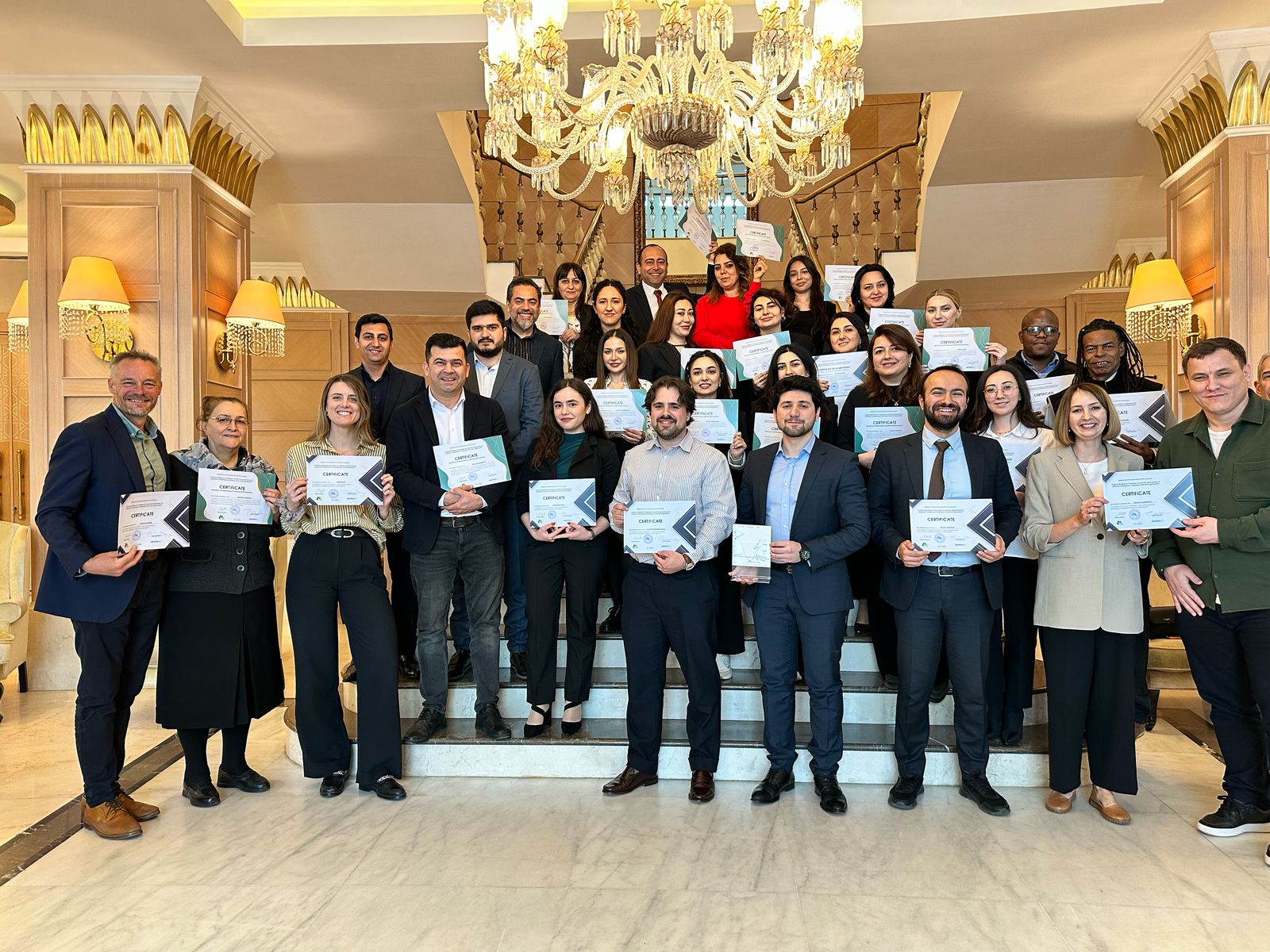Baku, Azerbaijan, 9-11 April 2025 - A representative of the Scientific Information Centre of the Interstate Commission on Sustainable Development (SIC ICSD) participated in the Peer Learning Workshop titled “Best Practices in Establishing Transparency (MRV) Systems,” organized by the United Nations Environment Programme (UNEP), in collaboration with the UNEP Copenhagen Climate Centre (UNEP-CCC), the Global Support Programme for the Capacity Building Initiative for Transparency (CBIT-GSP), and the Azerbaijan Branch of the Regional Environmental Centre for the Caucasus (RECC).
The workshop, held in Baku, brought together more than 35 participants from Azerbaijan, Georgia, Uruguay, South Africa, Turkmenistan, Türkiye, and Seychelles. It served as a platform for peer exchange, enabling countries to share experiences, best practices, and innovative approaches related to the development and implementation of national digital MRV platforms in the context of the Enhanced Transparency Framework under the Paris Agreement.

Photocredit to CBIT-GSP project
Discussions covered a wide range of topics, including institutional arrangements, IT solutions, methodological frameworks, sustainable financing, and capacity-building measures to support countries in preparing Biennial Transparency Reports (BTRs) and in fulfilling their Nationally Determined Contributions (NDCs). Special attention was given to the challenges and opportunities faced by countries at different stages of MRV system development, including those from Central Asia.
Through interactive sessions and working groups, participants explored key challenges in building and operating MRV platforms, discussed institutional cooperation strategies, capacity development for national experts, and the use of digital tools to track progress across priority sectors such as energy, agriculture, transport, water resources, health, and others.
SIC ICSD’s participation in the workshop contributed to strengthening partnerships with international experts and national focal points, while also providing practical insights and solutions that can be tailored to the Central Asian context. The knowledge gained during the workshop is expected to support institutional and technical capacity-building for developing national transparency systems in the region, in line with the implementation of the Sustainable Development Agenda and the Paris Agreement on climate change.
The event supports the achievement of:
| Priority Area No 4 dedicated to SDG 13: “Take urgent action to combat climate change and its impacts” |
| 4.3 Assessment of climate risks and vulnerabilites through the application of corresponding models of a climate change impact on water resources, terrestrial ecosystems and natural disasters, tackling the development of state policies and strategies in this area. |



